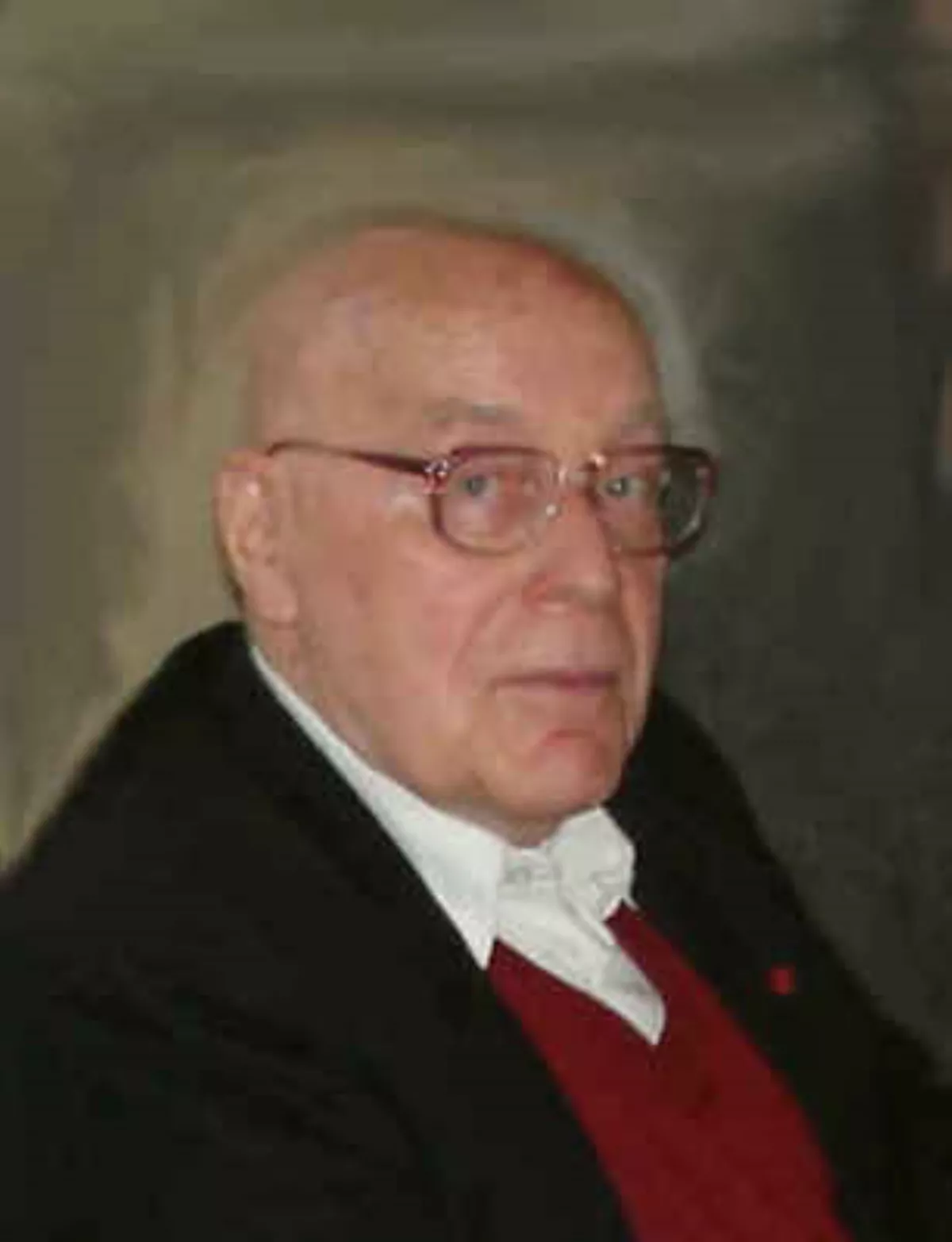 1.
1. Hans Albert was professor of social sciences at the University of Mannheim from 1963, and remained at the university until 1989.

 1.
1. Hans Albert was professor of social sciences at the University of Mannheim from 1963, and remained at the university until 1989.
Hans Albert was a critical rationalist, paying special attention to rational heuristics.
Hans Albert was born in Cologne, Germany, on 8 February 1921, the son of a teacher of Latin and history.
In 1963, Hans Albert received the Social Sciences and General Studies of Methods chair at Wirtschaftshochschule Mannheim.
Hans Albert participated at this meanwhile famous Tagung der deutschen Gesellschaft fur Soziologie in 1961 in Tubingen.
In 1989, Hans Albert retired from active service as a professor emeritus, but continued writing books and giving lectures at many universities, such as the 1990 lectures at the University of Graz on Critical Rationalism, the 1995 Walter Adolf Lectures at Hochschule St Gallen, and the 1998 Wittgenstein-Lectures at the University of Bayreuth about critical rationalism.
Hans Albert lived in Heidelberg with his Austrian wife; they had a son.
On 8 February 2021, Hans Albert reached 100 years of age, thus becoming a centenarian.
Hans Albert died in Heidelberg on 24 October 2023, at age 102.
Hans Albert developed Popper's critical rationalism into a concise, broad-ranging maxim, thereby extending it from a method to progress in science to one equally applicable in day-to-day heuristics.
Hans Albert observed that new insights are often difficult to spread or proliferate.
Hans Albert ascribed this phenomenon's cause to ideological obstacles, for which Albert coined the phrase "immunity against criticism".
Hans Albert stressed repeatedly that there is no limitation of the Munchhausen trilemma to deductive conclusions.
Hence, Hans Albert pointed out, justification is rendered virtually impossible regardless of the specific content of a thesis, justification is impossible at all.
From this notion, Hans Albert drew the conclusion that progress in science can only be achieved by means of falsification rather than inductive verification.
Still, Hans Albert argued that critical rationalists have to accept that those attempts of rigorous justification are not entirely futile, since only as long as alternative methods are without success can critical rationalism be called successful.
Hans Albert avoided solemn preaching in favor of serious, serene discussion with people of different faith and thinking.
Hans Albert was honored with the Vits Prize in 1976 and with the Arthur Burckhard Prize in 1984.
Hans Albert was decorated with the Austrian Ehrenkreuz fur Kunst und Wissenschaft der Republik Osterreich in 1994 and received honorary doctorates from the universities of Linz, Athens, Kassel, Graz, and Klagenfurt.